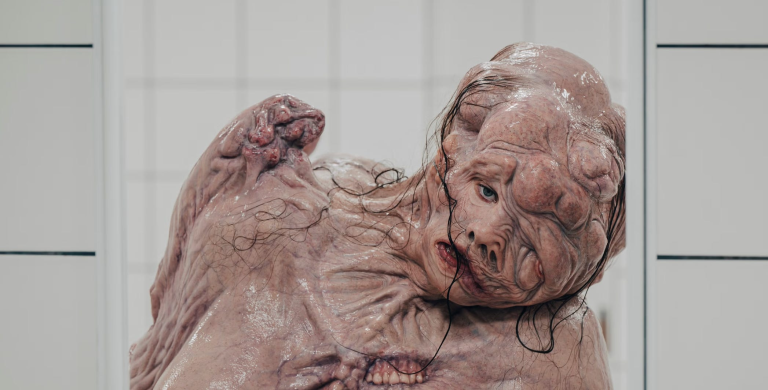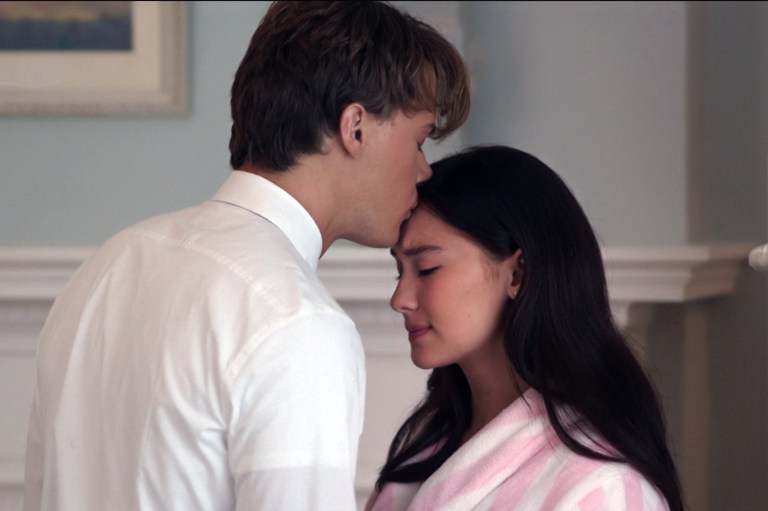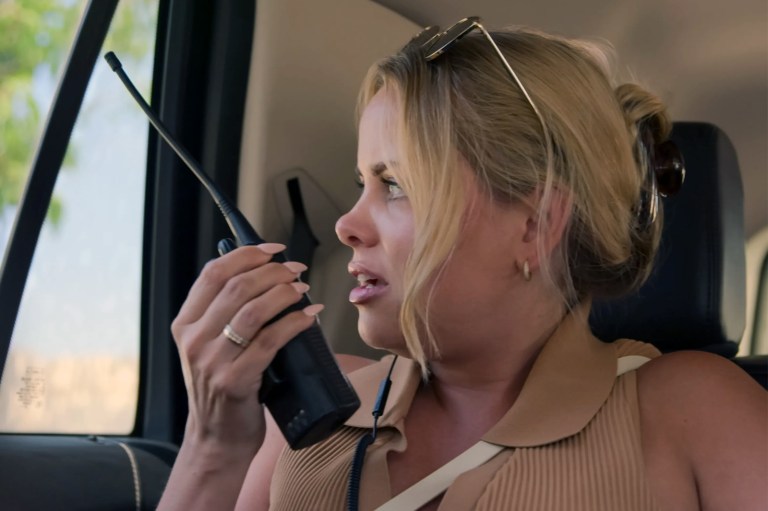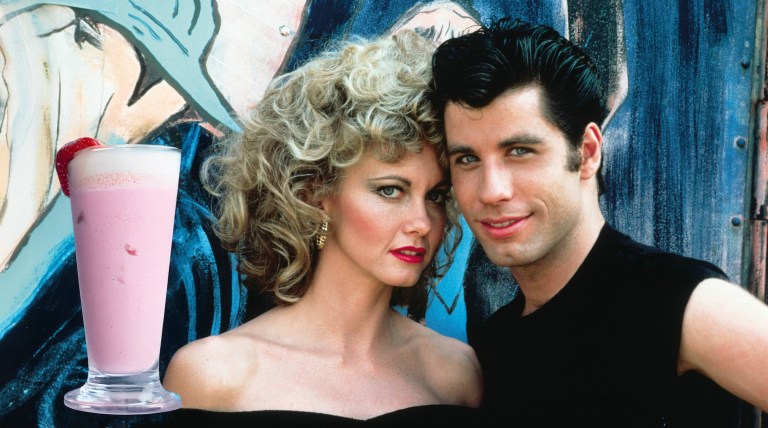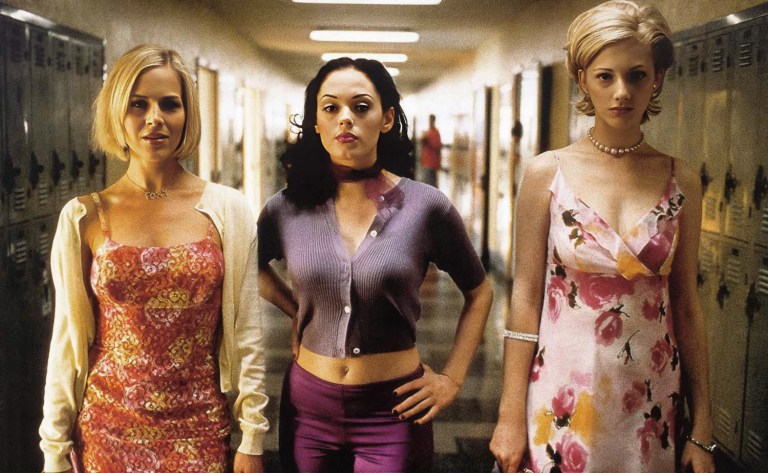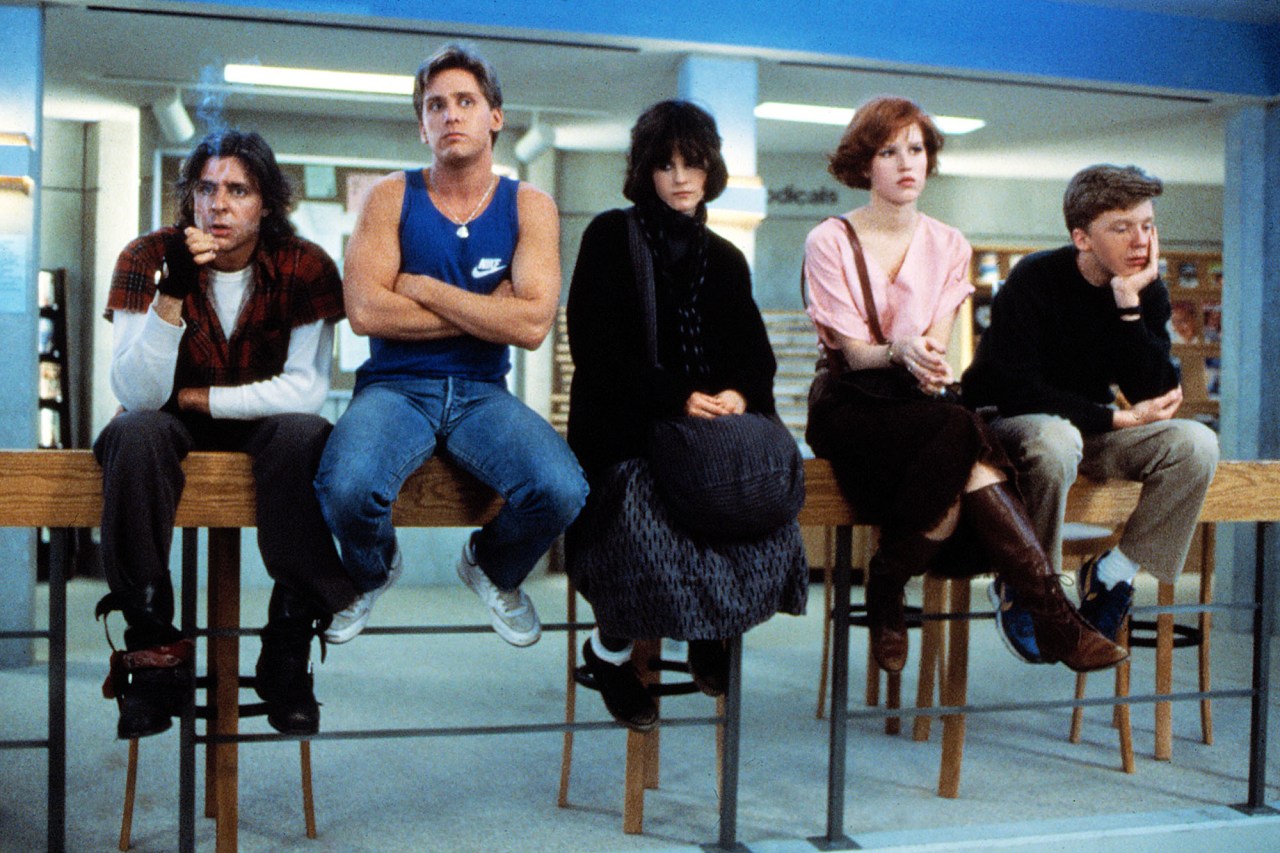
40 Years Ago, This Quintessential John Hughes Movie Was Released
John Hughes is a name synonymous with comedy films in the ’80s and ’90s, as the late great filmmaker delivered undisputed classics like Ferris Bueller’s Day Off, Weird Science, Home Alone, and Mr. Mom.
Hughes possessed a rare gift, knowing how to balance heart and humor to create unforgettable stories and characters that stand the test of time. However, his greatest work remains The Breakfast Club, which was selected for inclusion in the National Film Registry and is widely considered the best teen movie of all time. It’s also the quintessential film of the ’80s and here’s why.
The coming-of-age film disarms with its familiar premise
On a surface level, The Breakfast Club presents itself like every other teen comedy. Five students of different high school social circles – the jockish Andrew Clark (Emilio Estevez), the nerdy Brian Johnson (Anthony Michael Hall), the loner Allison Reynolds (Ally Sheedy), the popular Claire Standish (Molly Ringwald), and the rebellious John Bender (Judd Nelson) – find themselves trapped in Saturday detention. Watching over them is Richard Vernon (Paul Gleason), the harsh and merciless vice principal of Shermer High School, who isn’t about to give them a free pass to enjoy the weekend. Naturally, the students can do what Vernon wants them to do, which is to stay quiet and write an essay about who they think they are, or they can make the day more entertaining for themselves by getting into trouble.
Anyone familiar with teen movies knows they choose the latter option. However, what follows isn’t just a tale about shenanigans, rebelling against the system, and building new friendships. It’s a story about five young people who are confused about their place in the world, who they are, and who they are meant to be. They aren’t about to discover this through a 1000-word essay, though. It’s through honest conversations that they realize they aren’t alone in feeling this way, and there are many others going through exactly what they are here.
Why did ‘The Breakfast Club’ resonate so much?
Unlike a lot of teen films of the era, The Breakfast Club didn’t turn into a Porky’s clone. It wasn’t a rose-tinted view of the high school experience, where it’s nonstop debauchery and partying 24/7. Instead, it’s about the trials and tribulations that young people experience that influence how they present themselves to their peers. They create personas to navigate the harsh high school halls, though they’re uncertain about how they fit in and put up masks to hide the truth. They feel the pressure – both from their peers, parents, teachers, and society to decide who they’re going to be for the rest of their lives.
There’s also a raw honesty to The Breakfast Club that speaks to the soul. The characters display a vulnerability not often found in teen films, as each of them opens up about their fears, aspirations, and heartaches. Of course every school has its cliques and social circles, but John Hughes succeeded in demonstrating how everyone is a lot more similar than they may realize. Once the hearts open up and personas fade away, there’s the universal truth that everybody is going through something, so kindness and understanding go a long way in making the journey easier.
How the movie changed the teen genre
Without The Breakfast Club, there would be no Gossip Girl, One Tree Hill, or Dawson’s Creek. The 1985 film laid down the groundwork and template for these future series by showcasing why the teenage experience matters and needs to be talked about. Sure, there’s still room for silly high school-centered programming like American Pie and That ’70s Show to exist, but The Breakfast Club knew the importance of discussing the issues that teens don’t always discuss or are generally trivialized by society.
Everybody says that high school is supposed to be the best time of your life, but it isn’t. It’s a phase rife with never-ending confusion, fluctuating emotions, a lingering fear of the future, and battles against authority figures who try to indoctrinate bureaucracy as the norm. Teens feel ungodly pressure to be somebody in the moment but also to figure out what they plan to do once school is over. The Breakfast Club acts as a reminder that it’s okay to not have everything figured out and that labels are for losers. It’s a call to be yourself, because the rest will sort itself out in the end.
